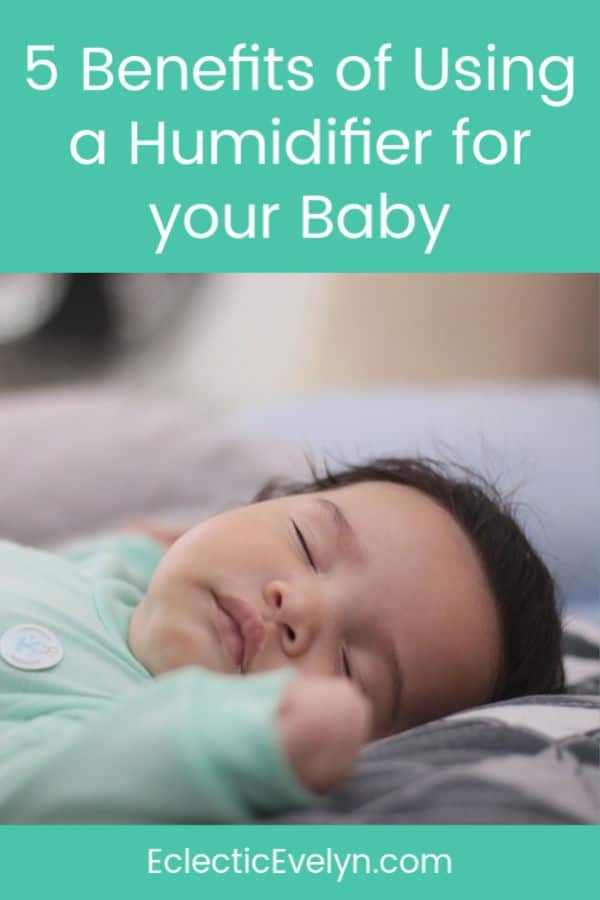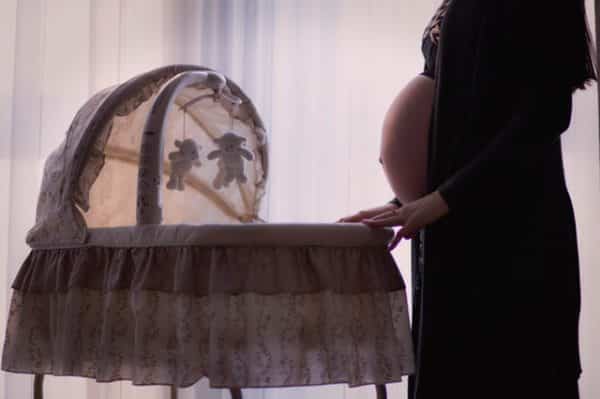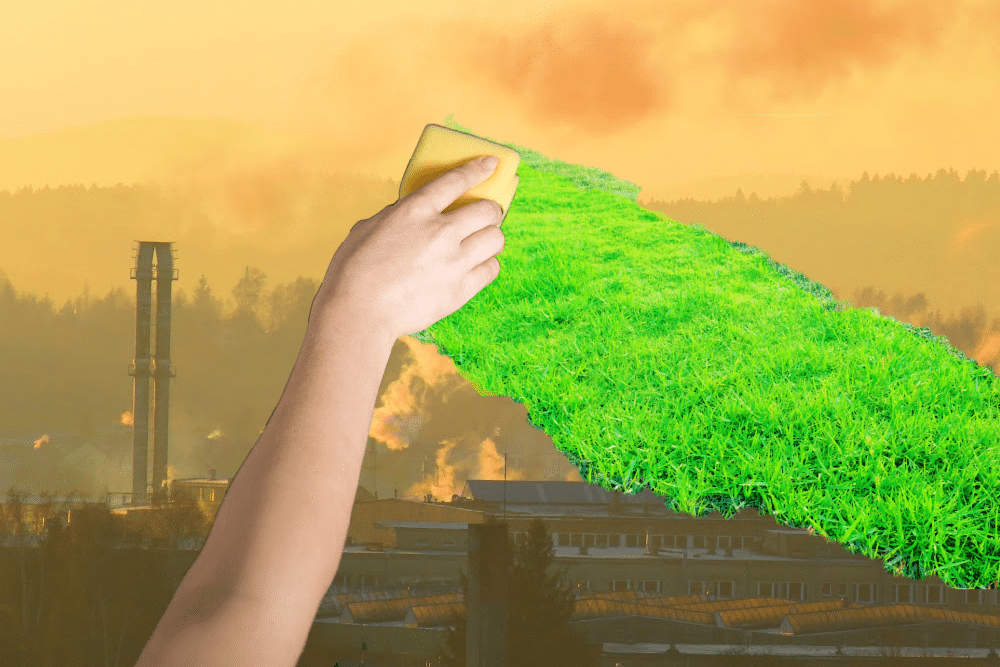Raising a baby is never easy, whether you’re a new parent or have just had your fifth one recently. However, that challenge can be exacerbated when you’re raising a baby in a dry or cold environment. Living in such conditions is can cause health problems for you and your family such as dry skin, rashes, cold infections, and congestion. If you’re a parent that experiences such issues, then you may need to get a humidifier for your baby.

If you’ve thought about getting a humidifier before but were unsure and doubtful about its effectiveness and how it might affect your child, then this post will provide you with some vital information for making an informed decision.

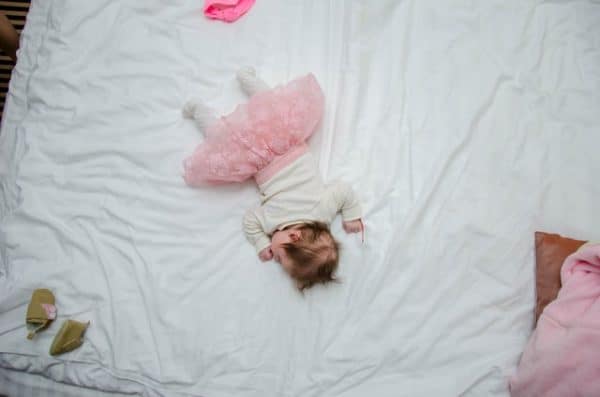

Helps Prevent Infections
Dry air is known for drying out nasal passages after some time, which then dries out the mucus that catches germs before they get inside our bodies and eventually make us sick. Infants have a weaker immune system than adults as they lack the essential antibodies to repel germs. However, the moist air from a humidifier can help keep your baby’s nasal passages naturally moist and provide an extra layer of protection from airborne microbes.
Helps to Prevent Dry Skin
Babies are known for having soft and fragile skin. This is because nine months after being in the amniotic fluid of their mother’s womb, babies develop skin that’s flaky and dry especially when they come in contact with the drier world on the outside. Dry skin can lead to peeling and uncomfortable rashes. This is aggravated during winter when the heating systems keep the air in our house warm and dry it out or during summer when our ACs dry out the air when keeping us nice and cool.


Putting a humidifier in your baby’s nursery will give them the right humidity levels and prevent their skin from drying out.

Reduces Congestion
Dry air can also dry out your baby’s sinuses, which in turn can cause them to have an unpleasant, stuffed up feeling. This is due to the tiny nasal passages being plugged up very quickly, which makes it harder for the infant to breathe. And to make matters worse, without a proper distribution of moisture in the air, the inside of your nibbling toddler’s nose can become sore, causing the skin from within to crack and perhaps even bleed. But the extra moisture from the humidifier can optimize your child’s breathing conditions and negate all the aforementioned problems.


Helps to Eliminate Snoring
Snoring isn’t just an issue for husbands, it’s also a thing with babies, especially after they’ve come out of the womb and they’re still clearing out the amniotic fluid. Although snoring isn’t really anything serious or concerning for parents, it can still wake babies up from their sleep. Baby snores are linked to dried up passages and a humidifier can introduce some moisture to take care of that problem. As a result, your baby will be able to sleep more quietly and easily.

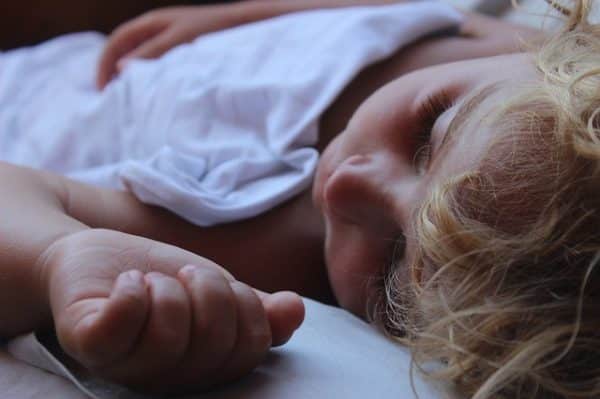
Reduces Dust Levels
We’re pretty sure you’re aware of how dangerous dust particles can be, especially when they’re flying around freely where your baby can breathe them in. This kind of phenomenon leads to sinus infections, which can cause bronchitis that can result in chronic bronchitis, and then lead to asthma and pneumonia. Also, most people are allergic to dust particles and can experience asthma attacks. Dust is usually found in places where the air is dry. But by turning on the humidifier, the moisture from the device gets soaked by the dust particles, making them heavier and have them fall down on the floor rather than flying around your house.

